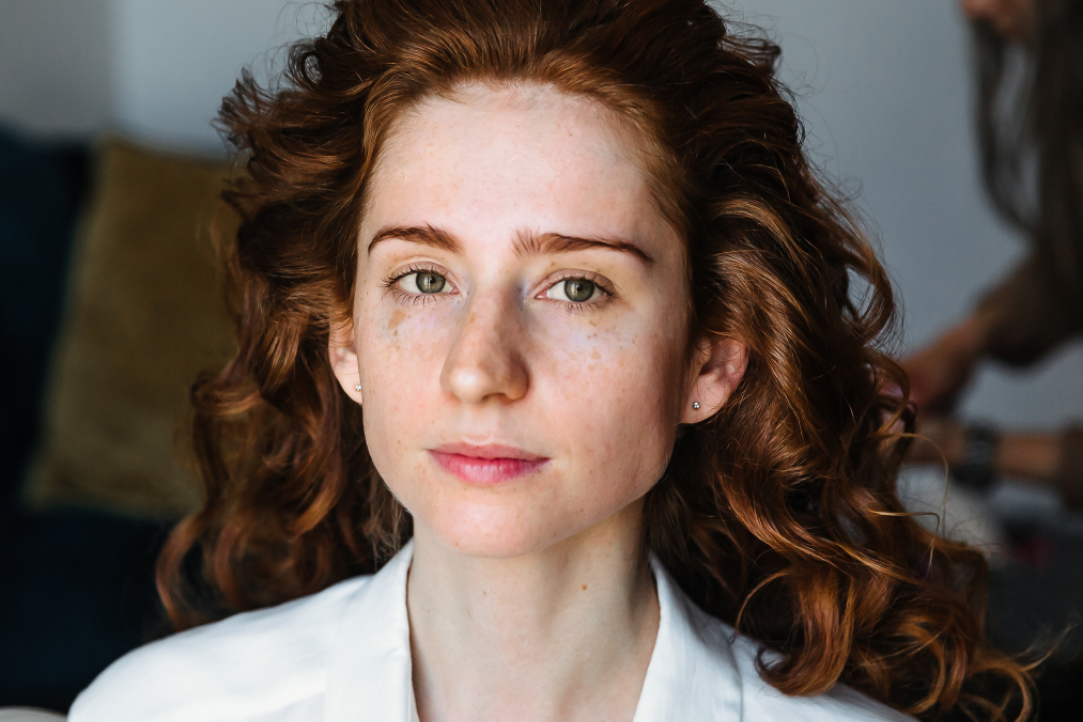Graduate Talks: Anna Kuzina

Why did you enrol in HSE University?
I received my bachelor’s degree here, so I had no doubt about my master’s. I knew nothing about Skoltech at the time. I was going to enrol to Data Science programme, but my classmate told me about the Faculty of Computer Science and Skoltech joint programme. I did some reading, and this looked interesting, so I decided to give it a try.
What did particularly interest you in Statistical Learning Theory?
I seem to fall for joint programmes. I was choosing between two joint doctoral programmes too. I think that two universities are better than one since I can choose courses from both. Also, some professors work only in HSE University or Skoltech. I didn’t know who I’d like to work with, now I have some planning space.
What do you remember best about your studies?
The first class of stochastic analysis. It started in the first module of the first year. Topics were advanced from the beginning. We didn’t have anything like it at the Faculty of Economics. It scared me at first. I was afraid that I was going to fail the class and was afraid of the next ordeals. In the end, I succeeded.
You taught classes as well, didn’t you?
I did workshops on digital literacy. This was my first experience of teaching at the university. Before that, I worked as a teaching assistant, just checking tests. I liked teaching very much, now I teach at HSE University or at Skoltech almost every term. I had taught two courses at the International College of Economics and Finance, worked with master students at Skoltech; now I teach Introduction to Data Analysis at the Faculty of World Economy and International Affairs. I like the process of teaching itself, and advanced course teaching allows me to put my own knowledge in order.
What else did you do, apart from your studies?
There were several conferences for students. One was in Skoltech, a joint conference with MIT; another was in Belgium. It was an international student conference on human brain studies where I presented our project about the prediction of the stroke outcome from the MRI. I also took part in a Philips hackathon on medical imaging. We had to learn to segment multiple sclerosis plaques. Our team did not win, but it was an interesting experience. I have even found a use for the code I wrote that night.
What was the topic of your thesis?
From the previous question, it is obvious that I worked with medical images a lot during my master’s, so my thesis was about them too. We solved the task of knowledge transfer from big open data sets to very small data sets with other diseases or organs through a trainable prior probability distribution. While I was still studying for the master’s degree, we sent the article to the Q1 journal, and it was published in August. This year, we are going to present it at the MIDL international conference. Another project I started working on during my master’s received Best Student Paper award at AABI symposium of NeurIPS conference.
Where do you work now?
Now I work as a research engineer at Skoltech. I work at ADASE laboratory, doing research in Bayesian methods. This was a natural extension of my thesis work. I also have more achievements now that helped me to enrol to the doctoral school of a respectable foreign university. I am planning to begin studying in Amsterdam in September. My programme is once again joint.
What can a student do right now to have a successful career at the university?
To begin with, one should decide on the path he or she chooses. For a career in industry, it is useful to take various internships and take more courses that are practical. It is much easier for students than non-students to get into cool companies for a couple months, get some experience, and make a name for themselves. In my experience, a line like “NVIDIA internship” in a CV draws recruiter’s attention and makes a good impression at the screening stage onwards.
If one would like to pursue an academic career, it is vital to write articles and take part in conferences. It is necessary to have an academic supervisor who can give you their time and effort. In large research groups, postdocs or doctoral students supervise master students. If you’re active you can gather a fine portfolio and find out what you’d like to do for the next four to six years.
I decided that I’d like to enrol to PhD studies only in the middle of the second year, which is late. However, I had time to work and do research. I decided to take a gap year to prepare myself and have a better chance of enrollment. Everything went well in the end. To those who cannot decide, I recommend to take an internship, to work in a laboratory, and the choice will become much simpler.
